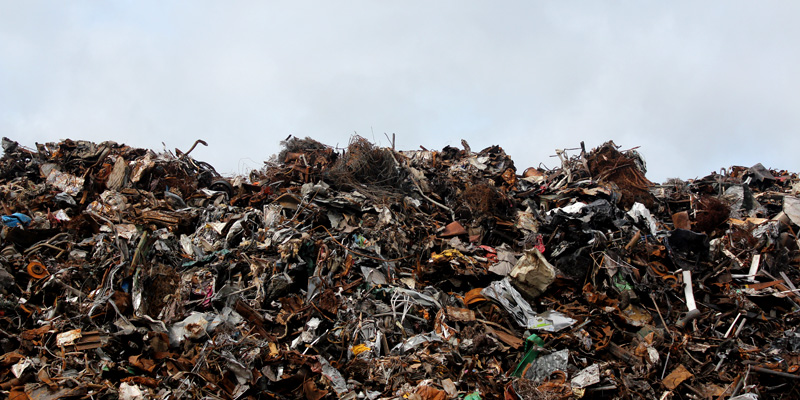That’s the question! Dear modern Amlet there is an easy way to get your answer. Just rephrase your dilemma as such: To throw away or to not to throw away the existing things in my fridge? Most of the times a quantity offer in a supermarket is triggered because a product is expiring soon and companies don’t want to be left with the stock and waste. Therefore they prefer to sell it at a lower price. So… you should ask yourself:
1) will you manage to consume the offer you are about to buy on time or will you just be the one throwing it away instead of the company?
2) in case you do think you will manage to consume it on time, will you also manage to consume everything else you have in your kitchen on time or will you be throwing anything else away?
What we are trying to say here is: are you sure the offer is an opportunity and not a trap? An estimated 88m tonnes of food is wasted in EU countries every year, which could feed the 55 million people living in food poverty in Europe more than nine times over.
If you stop wasting food you do not only stop wasting money, you also stop disrespecting:
– everyone who made an effort to produce it,
– everyone who did not have the money to buy it instead of you,
– the environment that you fill in with unnecessary waste and eventually
– yourself.
Ok, but really now, what can you do?
Check out more on this item
– Have produce that’s past its prime? It may still be fine for cooking. Think soups, casseroles, stir fries, sauces, baked goods, pancakes or smoothies.
– At restaurants, order only what you can finish by asking about portion sizes and be aware of side dishes included with entrees. Take home the leftovers and keep them for later or to make your next meal.
– At all-you-can-eat buffets, take only what you can eat.
Am I alone here? What is everyone else doing? Check some examples!
It is by no doubt a great thing. However, same as with the Paris agreement, it is more of an aspirational target rather than a more binding commitment at member state level. Members are “aiming” to achieve these targets, they are not bound to achieve them even though there are plans in place to show how to… It is in the responsibility of the citizens and of the organizations to take this seriously and make it happen.
In addition to the tons of food wasted every year by the country’s supermarkets, the average French person is estimated to throw away between 20 and 30 kilos of food per year, altogether worth between €12 billion and €20 billion. Thanks to the new legislation, the French government hopes to halve the country’s food waste by 2025.
For the Italian consumer, it will make it easier to request “family bags” (also known as “doggy bags” ) to take home unfinished food ordered at restaurants. This is perhaps one of the biggest cultural changes envisioned by the law such requests are rare among Italians and Italian restaurants. Barbara Degani (environment under-secretary) said the introduction of the term “family bag”, as it is being called in Italy, represented a semantic upgrade compared to the words “doggy bag”, in order to help people move away from the stereotype that it was indecent to request to take home the food they hadn’t eaten. Instead, she said, it should be welcomed as virtuous behavior.
BOROUME is one of the biggest non-profit organizations, whose mission is to reduce food waste and to fight malnutrition in Greece. Its concept is about responding to food waste and at the same time meeting the nutritional needs of many citizens in Greece. Thy aim to this with the lowest possible cost with the help of new technologies and methods to link donors with the organizations that serve the needy.
We obviously have a long way to go and need support from regulatory parties. But as it happened to the countries that already set legislation, the change starts from us and from our willingness to be strategic, to organize ourselves and to put pressure. But let’s take one step at the time. let’s focus on our kitchen at the moment.
Looking forward to hearing from you at the comments section.



![Ecosia it! [4min. reading time]](https://www.habits.ninja/wp-content/uploads/ecosia-logo-500x383.png)
![Building trust: why consumers should shift towards environmentally friendly corporations [7min. reading time]](https://www.habits.ninja/wp-content/uploads/environmental-awareness-679668_640-500x383.jpg)











